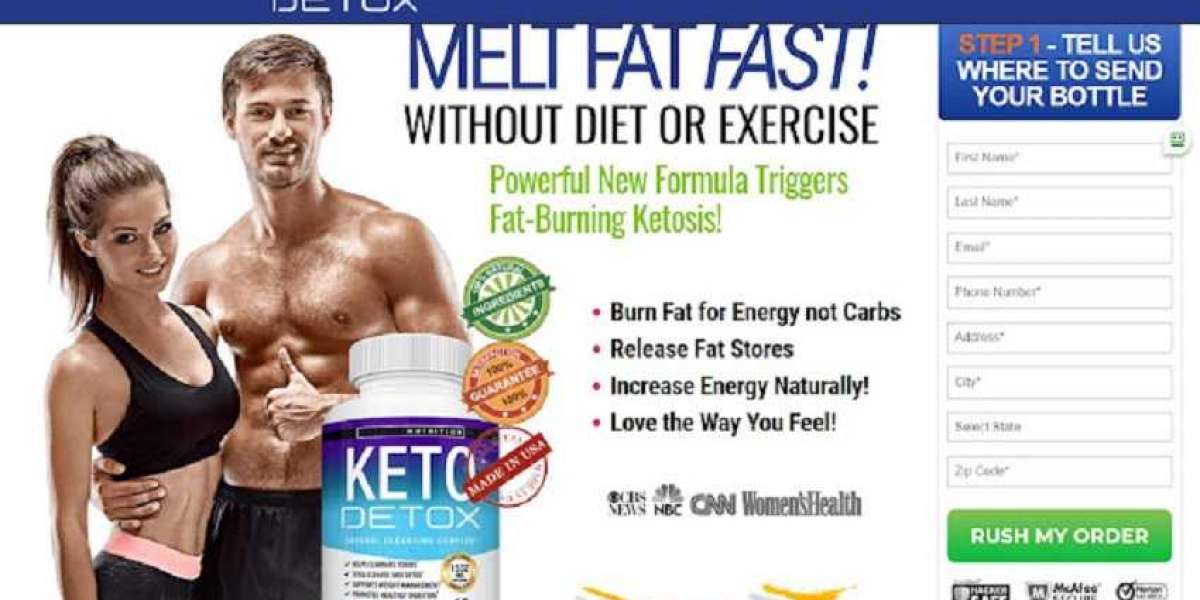In today’s competitive retail landscape, creating an inviting, energy-efficient environment is crucial for attracting and retaining customers. A comfortable store not only enhances the shopping experience but also impacts your bottom line. One effective way to achieve this is through spray foam insulation. This guide will explore everything you need to know about spray foam insulation for retail stores—from its benefits to the installation process—so you can make the best decision for your business.
Why Choose Spray Foam Insulation for Your Retail Store?
Retail stores face unique challenges when it comes to insulation. With large open spaces, high ceilings, and extensive storefront windows, maintaining a stable temperature can be difficult. Traditional insulation methods often fail to address these challenges, leading to inconsistent indoor temperatures, high energy costs, and even structural issues over time.
Spray foam insulation stands out as an ideal solution for retail spaces due to its versatility and superior performance. By creating an airtight seal, spray foam effectively meets the specific needs of retail environments, ensuring both energy efficiency and enhanced comfort.
Key Benefits of Spray Foam Insulation
1. Superior Energy Efficiency
One of the primary benefits of spray foam insulation is its ability to reduce energy consumption. Retail stores typically operate for long hours and require a comfortable environment for customers and employees. Spray foam insulation minimizes air leakage by filling gaps and cracks, creating a continuous barrier that reduces the load on heating and cooling systems. This leads to lower energy bills and a more sustainable operation.
2. Enhanced Comfort for Customers and Employees
Maintaining a consistent indoor temperature is essential in retail. Whether too hot or too cold, uncomfortable conditions can drive customers away, affecting sales and customer satisfaction. Spray foam insulation helps keep your store comfortable regardless of outside weather, improving both the shopping experience and the working environment for employees, potentially boosting productivity.
3. Effective Noise Reduction
Retail environments can be noisy, with a constant flow of customers, employees, and external sounds. Managing these noise levels is essential for creating a pleasant shopping atmosphere. Spray foam insulation acts as an effective sound barrier, reducing noise from outside and between different areas of the store. This is especially beneficial for stores located in busy urban areas or near highways.
4. Moisture and Mold Resistance
Excess moisture can lead to mold, which damages products, weakens structural integrity, and poses health risks. Spray foam insulation creates a moisture barrier that helps prevent these problems by sealing out humidity. This not only protects your store but also reduces maintenance costs associated with moisture damage.
5. Increased Structural Integrity
In addition to its insulation properties, spray foam insulation adds rigidity to walls and ceilings, enhancing your building’s overall structural integrity. This added strength is particularly important in areas prone to extreme weather, such as strong winds or heavy storms, protecting your store from environmental hazards.
How Spray Foam Insulation Works
The Science Behind Spray Foam
Spray foam insulation is created by mixing two liquid components that react to form foam. When sprayed onto surfaces, the foam expands rapidly, filling gaps and sealing off potential air leaks. This expansion ensures a comprehensive seal that other insulation materials cannot provide.
Types of Spray Foam Insulation
There are two main types of spray foam insulation: open-cell and closed-cell. Each has unique characteristics suited to different retail applications.
Open-Cell Spray Foam
- Lightweight and Flexible: Open-cell foam is less dense and more flexible than closed-cell foam, making it ideal for interior walls and ceilings.
- Effective Soundproofing: Its open-cell structure absorbs sound, reducing noise transmission.
- Cost-Effective: Open-cell foam is more affordable, making it a popular choice for large areas.
Closed-Cell Spray Foam
- High Insulation Value (R-Value): Closed-cell foam offers superior insulation, ideal for exterior walls and roofs.
- Moisture Barrier: Its dense structure acts as a vapor barrier, preventing moisture from penetrating.
- Structural Strength: Closed-cell foam adds rigidity to building structures, essential in areas exposed to extreme conditions.
The Application Process
1. Initial Assessment and Consultation
A professional contractor will assess your space, identifying areas that need insulation and recommending the best type of spray foam based on your goals.
2. Preparation of the Space
The space to be insulated is prepared by clearing old insulation and debris, ensuring proper adhesion for the foam.
3. Application of the Foam
Using specialized equipment, the contractor sprays the foam, which expands instantly to fill gaps and create an airtight seal.
4. Curing and Inspection
The foam cures within hours to a day, after which the contractor inspects the insulation for gaps or weak spots.
5. Cleanup and Final Touches
The final stage involves cleaning the work area and making any necessary touch-ups, ensuring the store is ready for operation.
Cost Considerations and ROI
Understanding the Costs
Spray foam insulation costs vary based on factors like area size, foam type, and installation complexity. While it may have a higher upfront cost than traditional insulation, its long-term benefits justify the investment.
Long-Term Savings and ROI
- Energy Savings: Businesses often see energy savings of 20%-30% after installation.
- Lower Maintenance Costs: Spray foam’s moisture resistance reduces maintenance needs.
- Increased Property Value: Energy-efficient buildings with added structural integrity are more attractive to potential buyers.
- Incentives and Rebates: Some areas offer financial incentives for energy-efficient upgrades, reducing the installation cost.
Choosing the Right Spray Foam Contractor
1. Check Credentials and Experience
Ensure the contractor is licensed, insured, and experienced with commercial projects.
2. Request a Detailed Estimate
A reputable contractor should provide a detailed cost breakdown, including materials, labor, and additional services.
3. Inquire About Warranties
Ask about warranties on work to ensure issues are promptly addressed.
4. Energy Efficiency Expertise
Choose a contractor knowledgeable in energy efficiency to maximize your benefits.
Take the Next Step Toward a More Efficient Retail Store
Spray foam insulation offers numerous advantages for retail store owners, from energy efficiency to enhanced comfort and structural integrity. If you’re ready to improve your store’s environment, contact Spray Foam Genius Marketing today at 877-840-FOAM (USA) or 844-741-FOAM (Canada), or visit our website at sprayfoamgeniusmarketing.com.


